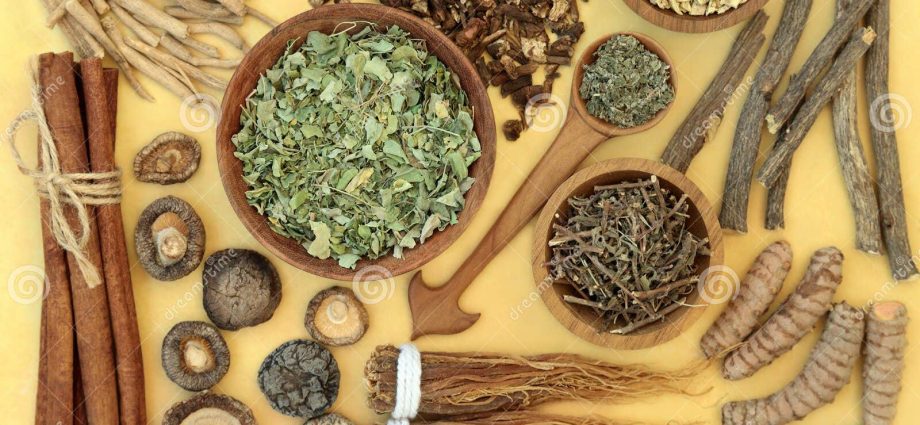Let’s face it—modern life is a pressure cooker. Between work deadlines, social obligations, and the constant ping of notifications, stress has become as common as morning coffee. But what if there was a way to help your body adapt to stress without another pill or pricey supplement? Enter adaptogens: nature’s secret weapon for resilience.
What Are Adaptogens, Anyway?
Adaptogens are a unique class of herbs and mushrooms that help your body “adapt” to stress—whether physical, emotional, or environmental. Think of them like a thermostat for your nervous system. Too revved up? They dial it down. Running on fumes? They gently nudge you back to balance.
Key traits of adaptogens:
- Non-toxic (safe for daily use)
- Normalizing (work in both directions)
- Whole-body support (not just a quick fix)
The Top 5 Adaptogens for Stress (and How to Use Them)
1. Ashwagandha: The Stress Slayer
This Ayurvedic powerhouse is like a weighted blanket for your adrenal glands. Studies show it can reduce cortisol levels by up to 28%. Try it as a powder stirred into warm milk before bed—its earthy taste grows on you, honestly.
2. Rhodiola Rosea: The Fatigue Fighter
Ever feel wired but tired? Rhodiola helps your cells produce energy more efficiently. It’s particularly great for afternoon slumps—swap that third coffee for a rhodiola tincture instead.
3. Holy Basil (Tulsi): The Mood Mellow
Unlike some adaptogens that work behind the scenes, holy basil makes its presence known. Its light, peppery flavor shines in teas, and it’s brilliant for easing that “tight chest” feeling after a stressful day.
4. Reishi Mushroom: The Zen Master
Reishi doesn’t just help with stress—it promotes deep, restorative sleep. Pro tip: simmer dried slices in broth for an immune-boosting, stress-busting soup base.
5. Licorice Root: The Adrenal Ally
Perfect for when you’re running on empty. Licorice root supports adrenal function, but a word of caution—those with high blood pressure should opt for “DGL” (deglycyrrhizinated) versions.
How to Incorporate Adaptogens Into Your Routine
You don’t need a fancy protocol. Here’s how real people actually use these herbs:
- Morning: Rhodiola or ginseng in your smoothie
- Afternoon: Tulsi tea instead of sugary snacks
- Evening: Ashwagandha or reishi in golden milk
That said, consistency matters more than quantity. A pinch of powder daily beats megadosing once a week.
The Science Behind the Magic
Adaptogens work primarily by modulating the HPA axis (your body’s stress-response system). They:
- Reduce excessive cortisol production
- Protect cells from oxidative stress
- Enhance mitochondrial function (your energy factories)
A 2020 review in Phytomedicine found adaptogens can improve stress resilience by up to 40% compared to placebos. Not too shabby for something that grows in the ground.
Common Mistakes to Avoid
Even natural remedies can backfire if used wrong. Watch out for:
| Mistake | Better Approach |
| Taking adaptogens randomly | Match herbs to your symptoms (e.g., energizing vs. calming) |
| Expecting overnight results | Most need 2-4 weeks for noticeable effects |
| Ignoring quality | Look for organic, third-party tested sources |
Final Thoughts: Stress Less, Adapt Better
In a world that glorifies “pushing through,” adaptogens offer a gentler wisdom—that resilience isn’t about resisting stress, but learning to move with it. They’re not a cure-all, but they might just help you find your footing when life feels like quicksand.











